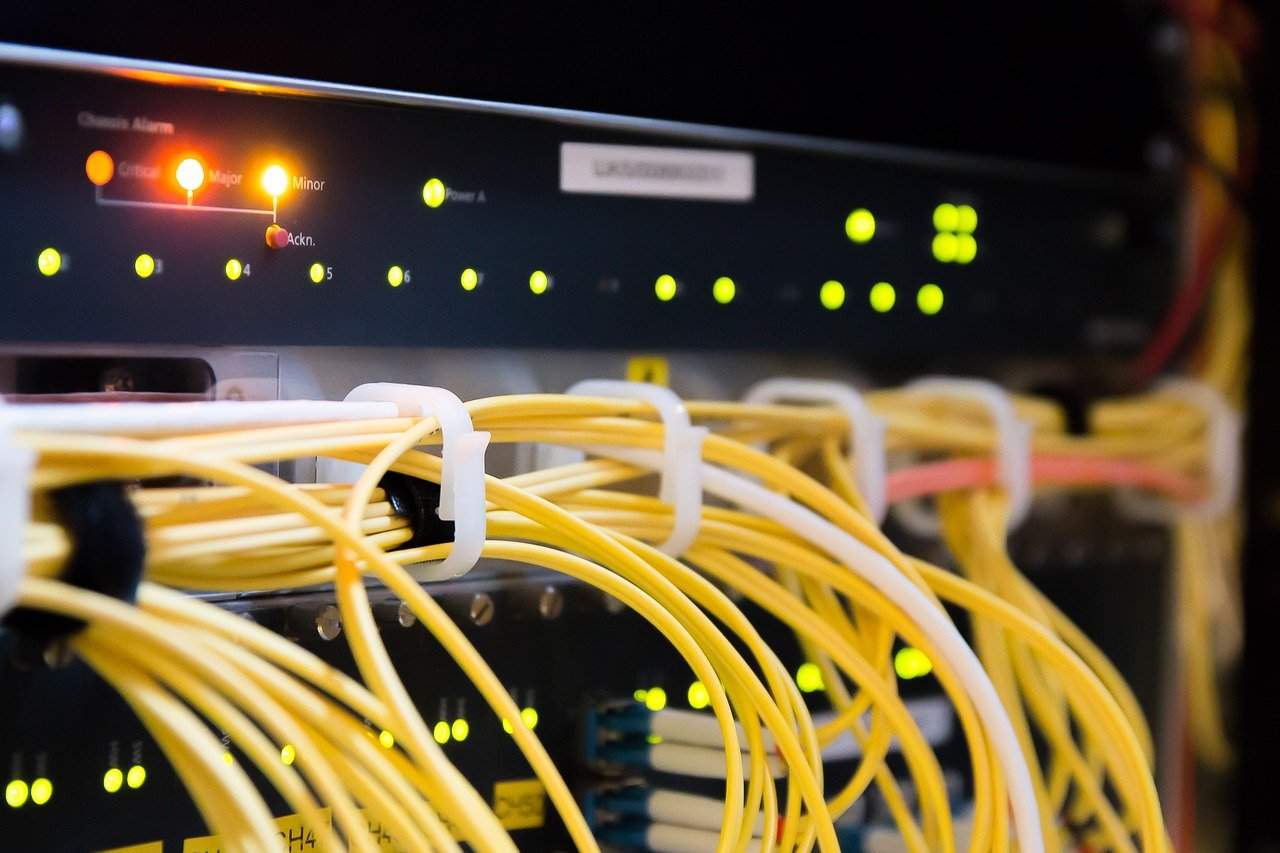Go Beyond Your Existing WAN-Connectivity with Airtel Intelligent VPN for Banks
-
March 31, 2022
-
5 min read

Banks and financial institutions are constantly trying to enhance their network infrastructure to ensure seamless operations, robust security, and optimal performance.
With the increasing reliance on cloud services, remote banking, and data-intensive applications, traditional SD Wide Area Network (WAN) connectivity solutions often fail to meet the evolving demands of the industries. This is where Airtel Intelligent VPN (Virtual Private Network) emerges as a game-changer, offering banks a comprehensive solution to go beyond their existing WAN connectivity challenges.
In this blog, we will discuss is VPN safe for banking and how it works.
VPN for Banking: How Does It Work?
VPN technology is essential for enhancing security in the banking sector, functioning through several key mechanisms:
- Secure Data Transmission: This creates an encrypted tunnel for data to move securely between a user’s device and the bank’s servers.
- Encryption Protocols: Utilises sophisticated encryption protocols that transform sensitive information into indecipherable cyphers, protecting against unauthorised access or interception.
- Anonymity and Privacy: Maintains user anonymity by masking IP addresses, making it difficult for cybercriminals to track or identify users’ online banking activities.
- Secure Remote Access: Facilitates safe remote banking by ensuring that transactions and data exchanges conducted over public Wi-Fi or from remote locations are protected.
- Robust Authentication: Employs secure authentication methods to verify the identity of users accessing the banking services, adding an extra layer of security.
- IP Masking: VPNs conceal the actual IP addresses of users, further enhancing privacy and reducing the risk of cyber-attacks targeted based on location or internet usage patterns.
These features collectively fortify online banking services, making VPN technology a critical tool in safeguarding financial transactions and customer data against the backdrop of escalating cyber threats.
Check out: Dedicated vs Static: The Best IP VPN For Your Business
Is VPN Safe for Online Banking?
The question of VPN safety for online banking is critical, given the increasing prevalence of cyber threats in our digital age. The protection VPNs provide for online banking is comprehensive, incorporating several layers of security measures to shield sensitive transactions and personal data from potential cyber risks. These measures include robust data encryption, which scrambles data into a code that can only be decrypted by authorised parties, ensuring that information transmitted over the internet remains confidential and secure.
Additionally, VPN in banking offers a layer of anonymity, masking users’ IP addresses and preventing malicious actors from tracking or intercepting their online activities. Secure access controls, such as multi-factor authentication, further fortify the defence, ensuring that only verified users can access banking accounts.
Together, these features create a secure digital tunnel for conducting online banking with VPN, effectively protecting users from cyber espionage, data breaches, and other online threats. Thus, when implemented correctly, VPNs serve as a crucial safeguard, making them an indispensable asset for enhancing online banking security in today’s increasingly connected world.
How Can SD-WAN Help Banks Prepare for the Future?
Software-Defined Wide Area Networking (SD-WAN) offers a transformative solution for banks gearing up for the digital future. By upgrading traditional bank VPN services, SD-WAN connectivity ensures high performance and reliability across banking operations, from secure online transactions to efficient inter-branch connectivity.
Key benefits include:
- Dynamic Routing: Adjusts in real-time to network conditions, optimising performance and reliability for banking services.
- Enhanced Security: Provides advanced security measures, protecting sensitive data against cyber threats without compromising the user experience.
- Seamless Integration: Facilitates the easy adoption of new digital services and technologies, supporting banks’ digital transformation efforts.
- Scalable Architecture: Easily accommodates growth, allowing banks to expand their services and customer base without extensive network overhauls.
- Cost Efficiency: Reduces networking costs by utilising broadband connections effectively and minimising reliance on expensive leased lines.
SD-WAN’s adaptability, coupled with its emphasis on security and performance, makes it an essential component for banks preparing for an increasingly digitalised landscape.
What is Airtel Intelligent VPN and How Does It Help?
Airtel’s Intelligent VPN stands as a cutting-edge solution, meticulously designed to meet the dynamic requirements of the banking sector by harnessing the combined power of VPN and SD-WAN technologies.
This advanced network solution brings a host of benefits, making it indispensable for banks focused on securing and streamlining their digital operations:
- Robust Security: Incorporates military-grade end-to-end encryption, safeguarding data transmission against cyber threats and ensuring customer transactions are protected.
- Intelligent Routing: Utilises SD-WAN’s smart routing capabilities to dynamically manage traffic, optimising network performance and reducing latency for critical banking applications.
- Seamless Scalability: Easily scales to accommodate growing transaction volumes and expanding service offerings, without the need for significant infrastructure investment.
- Cost Efficiency: Delivers a cost-effective networking solution by optimising the use of existing internet links and reducing reliance on expensive leased lines.
- Centralised Management: Offers a centralised network management platform, simplifying the oversight of network operations and enabling quick adjustments to meet changing demands.
- Enhanced Performance: Ensures high availability and consistent performance for all banking applications, enhancing customer experience and operational reliability.
- Compliance and Regulation Adherence: Designed to meet strict regulatory standards in the banking industry, aiding compliance with data protection and privacy laws.
- Future-ready Infrastructure: Prepares banks for future digital innovations, supporting the integration of new technologies such as blockchain and AI into their digital ecosystem.
Conclusion
As banks continue to embrace digitalisation, the importance of robust network security and efficient connectivity cannot be overstated. Airtel’s MPLS VPN solution stands out as a comprehensive answer to these needs, offering a secure, scalable, and intelligent network infrastructure that supports the banking sector’s growth and innovation.
By choosing Airtel business’ Intelligent VPN, the best VPN for banking, banks not only secure their operations against current and future cyber threats but also lay a solid foundation for the seamless integration of emerging technologies, ensuring they remain at the forefront of the digital finance revolution.
 Share
Share









